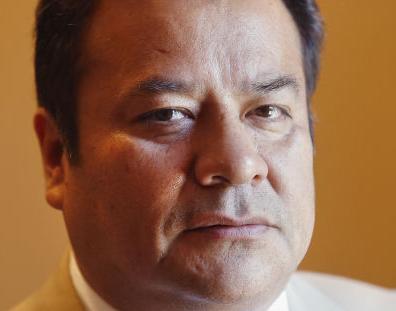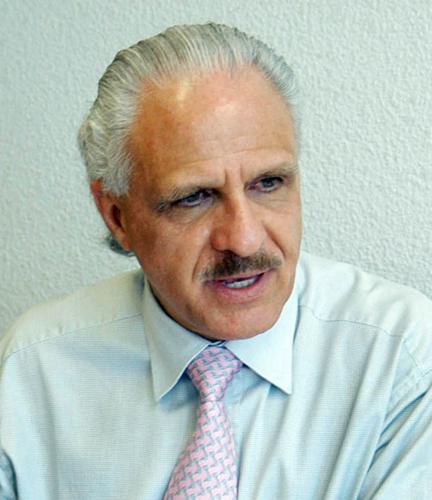Colleges and universities in Mexico and the United States should lead by example on cross-border cooperation, said a top official from the largest university in Latin America.
While academics are not going to solve the problems of international relations by themselves, their collaborations can serve as a point of reference, said Manuel Perló Cohen, director of the institute for social research at the National Autonomous University of Mexico.
“If we can spread that good example into government, entrepreneurs and different organizations, I think we would be doing our job,” he said.
Perló Cohen spoke at the Mexican Consulate in Tucson as part of a larger program that brings UNAM officials and researchers to cities across the United States in which Mexico’s top university has set up learning centers.
The Center for Mexican Studies in Tucson of the National Autonomous University of Mexico opened at the University of Arizona last year. Other centers are located in San Antonio, Chicago, Los Angeles and Seattle.
Ricardo Pineda, Mexican consul in Tucson, said the presence in the region of Mexico’s top university has been a boon to the consulate.
“Overnight we have another positive messenger to promote Mexico, our culture and our art, and demystify and dispel unfounded perceptions, so that we can look beyond and build bridges of understanding,” he said.
The University of Arizona has a long tradition of working across the border, said Perló Cohen, but he was still struck by just how deep the ties run between Mexico and UA faculty and students.
“They travel and work there, they produce articles and books,” he said. “They are part of extremely solid networks that can withstand absolutely anything. Changes in government, politics, walls, whatever. The bridges built by these relations are permanent.”
The goal of having UNAM scholars visit partner universities in the U.S. is to spread the word on what is being done in Mexico and how researchers are tackling issues that affect both countries, said Claudio Estrada, director of the Center for Mexican Studies.
The visit has already given fruit, he said, with plans to host an international forum in Mexico City on water issues, which are Perló Cohen’s main area of focus, along with a similar forum in Tucson to follow.
Perló Cohen said he was very impressed by the faculty and staff he met at the UA and that he’s ready to come back to Tucson and meet with local and state officials as well.
“The hope is that we can strengthen our relations and continue to work together, to look for new avenues of cooperation and how we can extend that to other communities,” he said.






